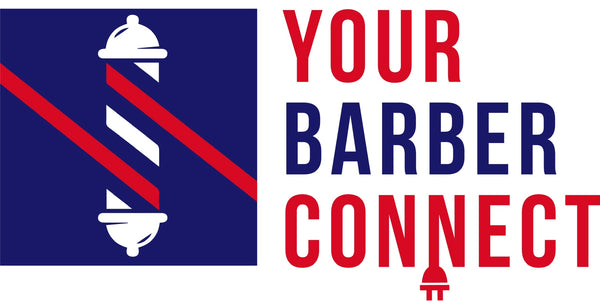
Tax Tips and Best Practices for Barbers and Barbershop Owners
Share
After working with an expert business accountant specializing in the beauty and grooming industry for years, I've seen and heard firsthand the challenges faced by barbers and barbershop owners when it comes to managing their finances and taxes. It's crucial to understand that while managing a barbershop or working as a barber, you're not just focusing on haircuts and shaves; you're running a full-fledged business. With that comes the responsibility of handling your finances and taxes correctly.
The Importance of Accurate Income Reporting
Many barbers believe that underreporting income is a harmless way to save money. This is a dangerous myth. While it may seem like an immediate financial gain, underreporting income can have significant long-term consequences. When you apply for loans, mortgages, or other financial products, lenders look at your reported income to assess your borrowing capacity. If your income is underreported, it may appear that you earn less than you do, adversely affecting your eligibility for loans or resulting in less favorable terms.
Moreover, consistent and accurate income reporting builds a credible financial history, which is crucial for business growth and personal financial health.
Tax Tips for Barbers and Barbershop Owners
-
Keep Impeccable Records: Start by keeping thorough records of all your income and expenses. This includes receipts, invoices, and bank statements. There are various accounting software options that can simplify this process for you.
-
Understand Your Deductions: As a barber or barbershop owner, you're entitled to certain deductions like the cost of supplies (scissors, combs, shampoos), utilities for your shop, rent, and even education related to your trade. Consult with a tax professional to ensure you're maximizing your legitimate deductions.
-
Consider Your Business Structure: Whether you're a sole proprietor, part of a partnership, or operating as a corporation, each structure has different tax implications. Understanding which structure best suits your business can lead to significant tax savings.
-
Pay Quarterly Taxes: If you're self-employed, you'll likely need to pay estimated taxes quarterly. Staying on top of these payments can prevent you from facing a large tax bill at the end of the year, along with potential penalties.
-
Plan for Retirement: Contributions to retirement plans like a SEP IRA or a Solo 401(k) can reduce your taxable income. It's a win-win, as you're saving for the future while lowering your current tax liability.
-
Seek Professional Help: Tax laws can be complex and ever-changing. Working with a tax professional who understands your industry can help you navigate these complexities and avoid costly mistakes.
The Perils of Underreporting Income
The temptation to underreport income is understandable, but it's a short-sighted strategy. Not only does it increase the risk of penalties and audits by tax authorities, but it also hinders your ability to make significant financial decisions in the future. Accurate income reporting reflects the true success of your business, allowing for better growth opportunities, financial stability, and credibility in the eyes of financial institutions.
Remember, paying taxes is not just a legal obligation, but a contribution to the community and an investment in your financial future. As a barber or barbershop owner, taking control of your finances and taxes is a crucial step in ensuring the longevity and success of your business.
